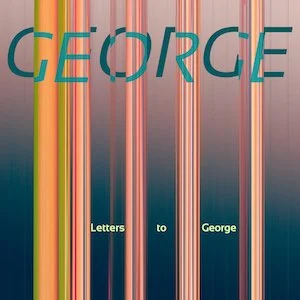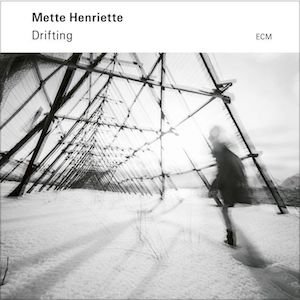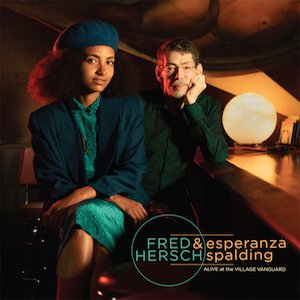Label: Passerine Records, 2023
Personnel - Michael Hudson-Casanova: saxophones; Erik Skov: guitar; Gustavo Cortiñas: drums + guest: James Davis: trumpet (#2).
In his most recent work, Chicago-based saxophonist/composer Michael Husdon-Casanova presents a repertoire of all originals that, being contemporary, doesn’t disregard traditional concepts and ideas. Probing new sonic terrain, the saxophonist convenes two apt musical partners: guitarist Erik Skov and drummer Gustavo Cortiñas, with whom he provides pleasurable sonic moments in a bass-less trio format.
The melodious if slightly parched “Recycle” initiates the session with reverb-drenched guitar and a confined drumming that gains more breadth in the last few minutes; the bandleader coats this fabric with soft, velvety linings. The listening experience is considerably elevated with the gently pop/rock textures of “What If Everything is Not Enough”, a reflection on craving where low-pitched guitar notes are responsible for a patterned groove, atmospherically surrounded by generous cymbal work. You’ll certainly enjoy the rhythmic accents and the presence of guest trumpeter James Davis, who is in the spotlight for most of the time. He seems to appreciate Cortiñas' fulfilling chords as well as his melodic responses.
The well-versed compositional traits of Hudson-Casanova are on display in the spiritually vibrating “Animus”, which is put in motion with a polyrhythmic character, and the empathic “Aftermath”, another tune we want to revisit afterwards. The former finds the saxophonist testifying with restrained fervor over the brightly shimmering sweep of guitar and drums; the latter cut, bestowing effervescent snare activity for a start, is where the improvisers have their chemistry on lock by expressing a fine mix of focus and adventure. Hudson-Casanova is genuinely inspired here while Skov assists his own distorted solo with a harmonically contextual chordal loop.
“Continuum”, which is delivered in seven and generates a churning vortex culled from contorted rock, jazz and electronica, diverges from the two introspective versions (trio and sax-guitar duo) of “Etude for Clementine”, a hellenistic sculpted number. Hudson-Casanova gives a step forward in his career.
Favorite Tracks:
02 - What if Everything in Not Enough ► 04 - Animus ► 08 - Aftermath








































